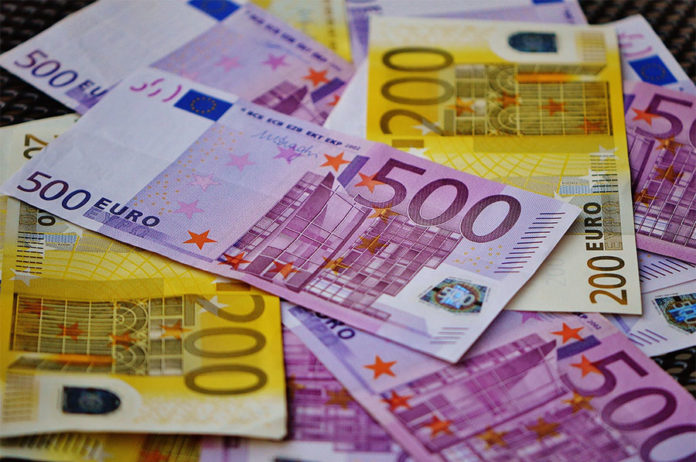France is on its way to becoming a blockchain nation. In September, the French authorities accepted the legal ICO framework drafted in early 2018. Dedicated to Initial Coin Offerings (ICOs), the framework allows to approve and issue permits to companies wanting to use ICOs as a method of raising capital.
The government has also lowered taxes for capital gains, signed joint declarations with other European countries promoting cryptocurrency use, and even started to sell Bitcoin and Ethereum at local tobacco shops.
The news that has come from the French Parliament (Parlement français) further delights crypto fans. Yesterday, Jean-Michel Mis and Laure de La Raudière, members of the French Parliament, released a report that contains recommendations of investing up to €500 million in blockchain and outlines 20 proposals on how the development and mass adoption of the technology can be supported.
Jean-Michel Mis said (according to a rough translation):
“2019 will be the year of the blockchain in France. This 10-year technology is moving out of the experimental stage into industrial implementation. The public will see the emergence of its uses in their daily lives.”
According to Laure de La Raudière, France has to benefit from using the blockchain and preempt its rivals. She said:
“France must have a conquering philosophy on this subject. I’m sounding the alarm: It is time to invest…We must accelerate with French and European public money.”
In an interview with local media, Laure de La Raudière explained that governments should implement blockchain to follow the example of the private sector.
In October, French grocery chain Carrefour started using the distributed ledger technology for its supply-chain management to prevent food contamination. Carrefour is using blockchain to track chicken, eggs, and tomatoes as they travel from farms to stores, which helps to prevent a problem of salmonella outbreaks.
She said:
“Take the example of agribusiness. To have an interesting blockchain in terms of traceability and food security, it is necessary to bring together distributors, producers, logisticians, the industrialists … And do not let only one actor manage the network as Carrefour or Casino can do today.”
Laure de La Raudière added:
“The state could therefore do the same to reduce public spending and be more efficient.”
Further, Laure de La Raudière suggested that a central bank, such as the Bank of France or the European Central Bank, can consider issuing digital currencies, which is similar to what IMF’s head Christine Lagarde proposed earlier. Moreover, the deputy of the French Parliament suggested the opening of bank accounts for blockchain-centered businesses which must register with the Autorité des Marchés Financiers (AMF), the French stock market regulator.
Laure de La Raudière and Jean-Michel Mis believe that the blockchain technology can have a sufficient influence on the development of the country, strengthening its position on the world stage. They said:
“France must have a conquering philosophy on the subject with the State in the first place, both as a user and federator of projects.”
Indeed, if blockchain research has significant investments, maximizing France’s position is possible.






















